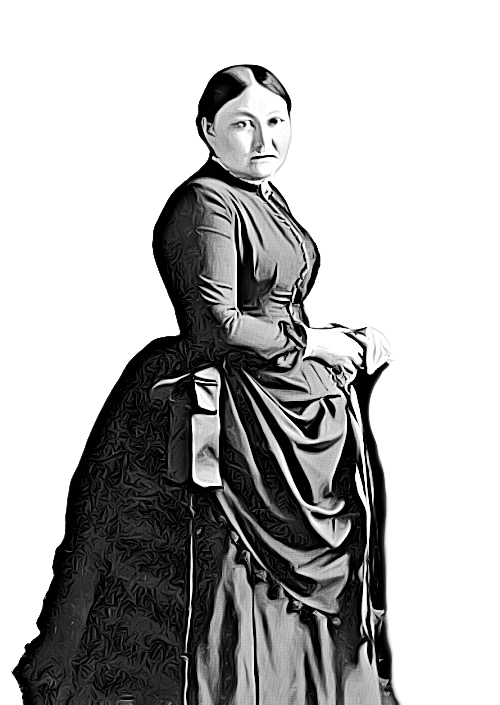Several notable Métis women have left their imprint on the history of British Columbia. Isabella Mainville Ross is a remarkable woman, many people do not realize. Her memorials include the Ross Bay Cemetery in Victoria and Ross Bay, both of which overlook the Pacific Ocean.
Isabella was born in 1808. Josette Mainville, an Ojibwa woman, and Joseph Mainville, a Hudson's Bay Company employed boatman who spoke French, had raised her (HBC). Isabella married Charles Ross, a fur-trading clerk for the HBC, at Lac La Pluie House while she was barely a teenager.
Charles Ross, born in 1794 in Scotland, arrived in Canada in 1818 to serve as a clerk for the Hudson's Bay Company. At 1822, he met and married Isabella Merilia Mainville in Lac la Pluie. He was 28 years old, and she was just 15 at the time. From 1823 until 1837, they traveled throughout Canada, building forts in New Caledonia. As Isabella gave birth to six children, Charles grew to fame as a trader, teaching them survival skills and saving them from various threats.
When Fort McLoughlin was ordered closed in 1843, they were sent to supervise the building of Fort Victoria. This move would also make history, as they became the province of Victoria's first Métis family. They lived in the HBC Officer's Quarters, which were on the corner of Fairfield and King George Terrace.
After the Fort was completed, Charles died of acute appendicitis on June 27, 1844. He was laid to rest in the Johnson Street gully before being moved to Pioneer Square. Their eldest son, John, took over as second-in-command to Roderick Finlayson, who had taken over for Ross. William was born in the Fort to Isabella, who was expecting their eleventh child.
Isabella purchased Ross Farm and lived near the junction of what is now Ross Bay Cemetery. From 1853 through 1876, Isabella and her son and daughter-in-law, Alexander and Mary Ross, ran the land. Isabella purchased 99 acres of property, making her the first female registered land owner in British Columbia. She developed this acreage into a farm known as Fowl Bay Farm. Isabella married again in 1863, this time to Lucius Simon O'Brien. That following year, they divorced. Isabella died on April 23, 1885, at the age of 77, in Fort Victoria, British Columbia, and is buried at Ross Bay Cemetery in Victoria, British Columbia.
Isabella was a Métis/Ojibway woman who spoke French and a few tribal languages but not English. Being the first female landowner in Victoria (Ross Bay), Oak Bay (Harling Point), and BC was an honor. Both Ross Bay and the cemetery bear her name in her honor.

Ross is an important figure in the history of Victoria, Métis peoples and indigenous feminism. The Ross Bay Cemetery, where her body lies, is named after her. Her epitaph reads:
Here Lies Isabella Mainville Ross. Born January 10, 1808. Died in Victoria April 23, 1885. She came here in 1843 with her husband, Chief Trader Charles Ross, who was in charge of building Fort Victoria. After his death she bought the land upon which you are standing for a farm. By doing so she became the first woman to own land in what is now British Columbia.

